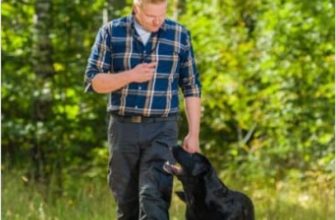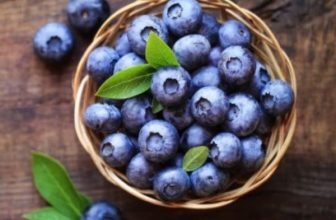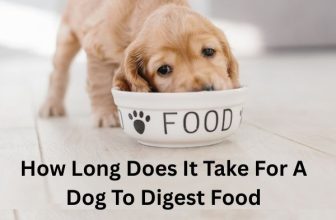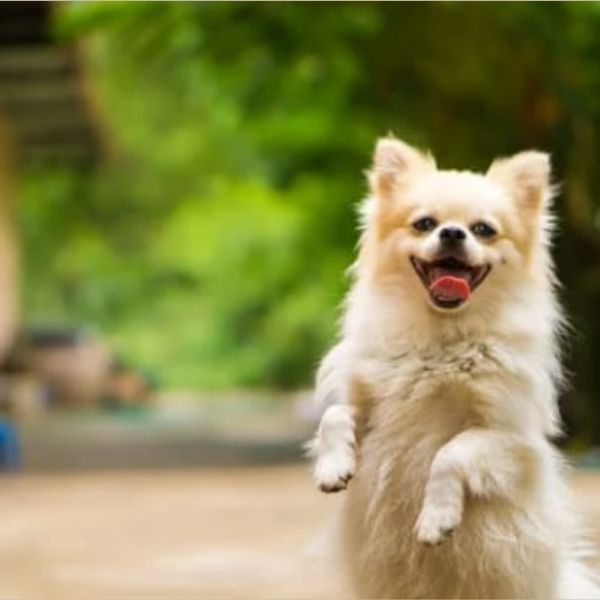
Anal gland problems are a frequent concern for dog owners and provide a source of pain and disease for many pets and their people. Even though genetics, anatomy and other health-related factors also come into play, diet is considered one of the biggest factors affecting your dog’s anal gland health. Knowing how food affects your dog’s anal sacs can enable you to avoid problems and mange your pet’s health. This blog help you lear about Can Food Cause Anal Gland Issues in Dogs.
How Anal Glands Work
Dogs have two small sacs on either side of their anus. These glands secrete a pungent smelling fluid used for scent marking. Under normal circumstances, the sacral pressure resulting from firm stools during defecation empties these glands. If they don’t empty properly, they can get impacted, infected or abscessed, leading to scooting, licking, swelling and bad odors.
Relation of Diet to the Health of the Anal Gland
Stool quality and thus anal gland function are directly determined by diet. Here’s how:
1. Low-Fiber Diets: When you follow a low-fiber diet, you may have soft or loose stools that don’t give enough pressure to the glands during passing stool. This can stop the glands from expressing naturally, causing impaction and infection.
2. Diet: Diets containing high-fibers such as pumpkin, sweet potato, apple, carrots, and rice bran will help your dog defecate firmer stools. Solid stools help massage those glands and cause them to express themselves naturally, so blockages never have the chance to form.
3. Low-Quality Ingredients: Foods that are high in fat, preservatives, additives, or fillers can upset the digestive system, lead to inflammation, and cause loose stool and allergies—all of which can exacerbate anal gland problems.
4. Overfeeding: Providing your dog too much food, not necessarily making them overweight, can help contribute to the production of waste and extra pressure on the glands too.
5. Food Allergies and Sensitivities: There are some dogs that are sensitive to ingredients such as beef, milk, chicken, wheat, or soy. These reactions may lead to inflammation in the gut and also around the anal glands, which may make obstruction of these glands more likely to occur.
What Foods Help Anal Glands?
- Vegetables High in Fiber: Pumpkin, sweet potato, carrots, apples (without seeds), and leafy greens.
- Whole Grains: Brown rice, oats and rice bran bulk up your poops.
- Low-Fat Proteins: Fish, chicken, and turkey tend to be easier to digest as well as cause less inflammation.
- Probiotics and Prebiotics: Promote balance of a healthy gut microbiome which is responsible for proper digestion and stool quality.
- Omega-3 Fatty Acids: Whether in fish oil or sourced from flaxseed, Omega-3 Fatty Acids can help inhibit inflammation of the anal glands and the digestive tract.
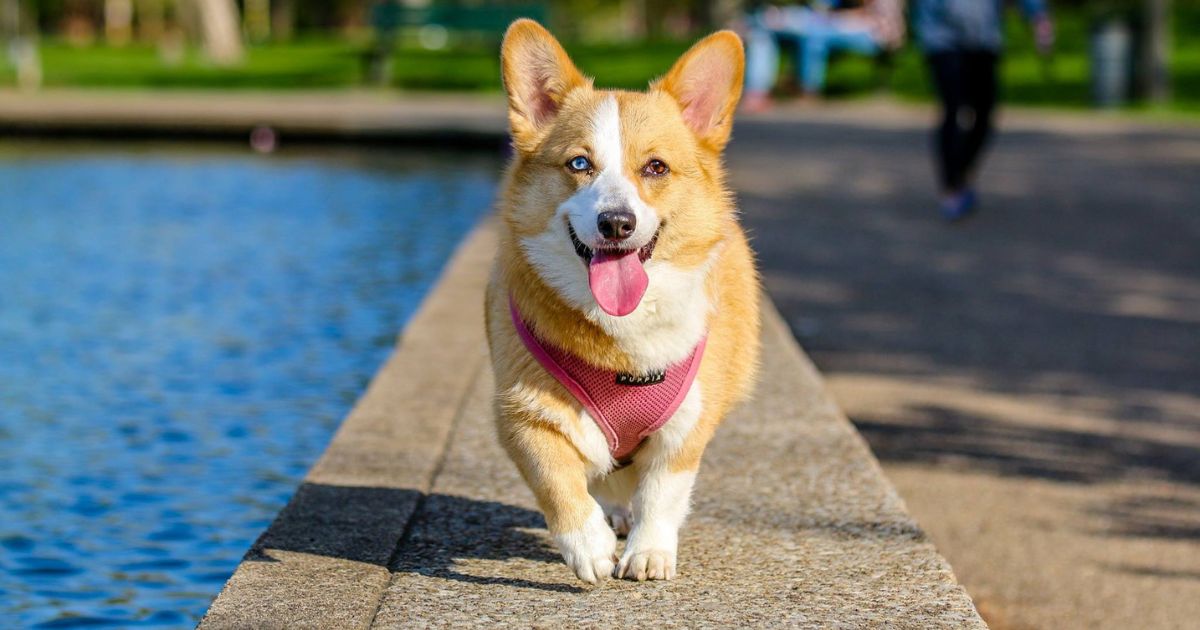
Foods and feeding habits to avoid
High-Even though low-quality dry foods have little water content, and high amounts of starches that often draw moisture out of the bowels, leading to poor quality stools.
- High Fat Diets: Too much fat can do a number on your stomach too and cause loose stools
- Artificial Additives: The gut is not a fan of preservatives, colorings, and fillers that can irritate it and contribute to inflammation.
- Rapid Dietary Changes: A sudden change of diet can cause a disturbed digestion and loose stool, which can potentially lead to anal gland issues.
Other Contributing Factors
Diet is important, but other things can cause anal gland issues:
- Obesity: Forcing can make emptying more difficult for the glands if there’s too much fat around the anus.
- No Exercise: Exercise keeps digestive system sound, helps with regular bowel movements.
- Breed and anatomy: Smaller breeds or dogs with narrow gland ducts are predisposed to the condition.
- Long-term Skin Conditions or Allergies: They can also lead to inflammation near the glands.
Identifying Anal Gland Issues
The following are some common signs that your dog may experience problems with their anal glands:
- Soggy bottom scooting or dragging
- Overgromming or guading at the back
- Pain or straining during a bowel movement
- Inflammation, redness, or discharge around the anus
- A strong, fishy odor
If these symptoms appear, see your vet immediately. If left untreated, involved glands can become infected or abscessed and may need medical care.
FAQs
Are there any foods that can cause a dog to have anal gland problems?
Yes. A diet low in fiber, high in fat or spoiled by artificial additives or allergens is a potential recipe leading to excessive softeness, inflammation and allergies, thus increased likelihood of anal sac issues.
What kind of food is good to prevent anal gland problems?
Foods high in fiber such as pumpkin, sweet potatoes, apples, carrots, brown rice and leafy greens help the production of firm stools and healthy anal gland expression. Probiotics, prebiotics, and omega-3 fatty acids are beneficial for the health of the glands.
Are anal gland problems from food allergies possible?
Yes. Food allergies often create inflammation in the gut and people’s bodies and around the anal sacs, and inflammation promotes blockages and infection.
Grain free or raw diet good for anal glands on my dog?
Not necessarily. “Some dogs do better on a grain-free or raw diet,” says Dr. Ward. The secret is a healthy diet that includes plenty of fiber and nutrients. For any drastic changes to your dog’s diet, consult with your vet first.
When will dietary changes work to help my dog’s anal gland health?
It’s likely that it will be at least a few weeks before you see any improvement after changing your dog’s diet. Safety is also key, and you’ll want to keep a close eye on your dog’s symptoms and stool quality during the changeover.
Final Thought
Diet plays an important role in the prevention and management of anal gland problems in dogs. A pup’s natural diet of high-quality proteins and natural fibers with no unnecessary additives to keep stool firm, aiding in the natural emptying of the anal gland. Can Food Cause Anal Gland Issues in Dogs.
If your dog is frequently treated for their anal gland difficulties, try reconsidering their diet, keep their weight under control and consult with your vet who will be able to offer personalised advice. Most dogs can wag, with proper nourishment, and care your dog can wag comfort and good health for dog.



